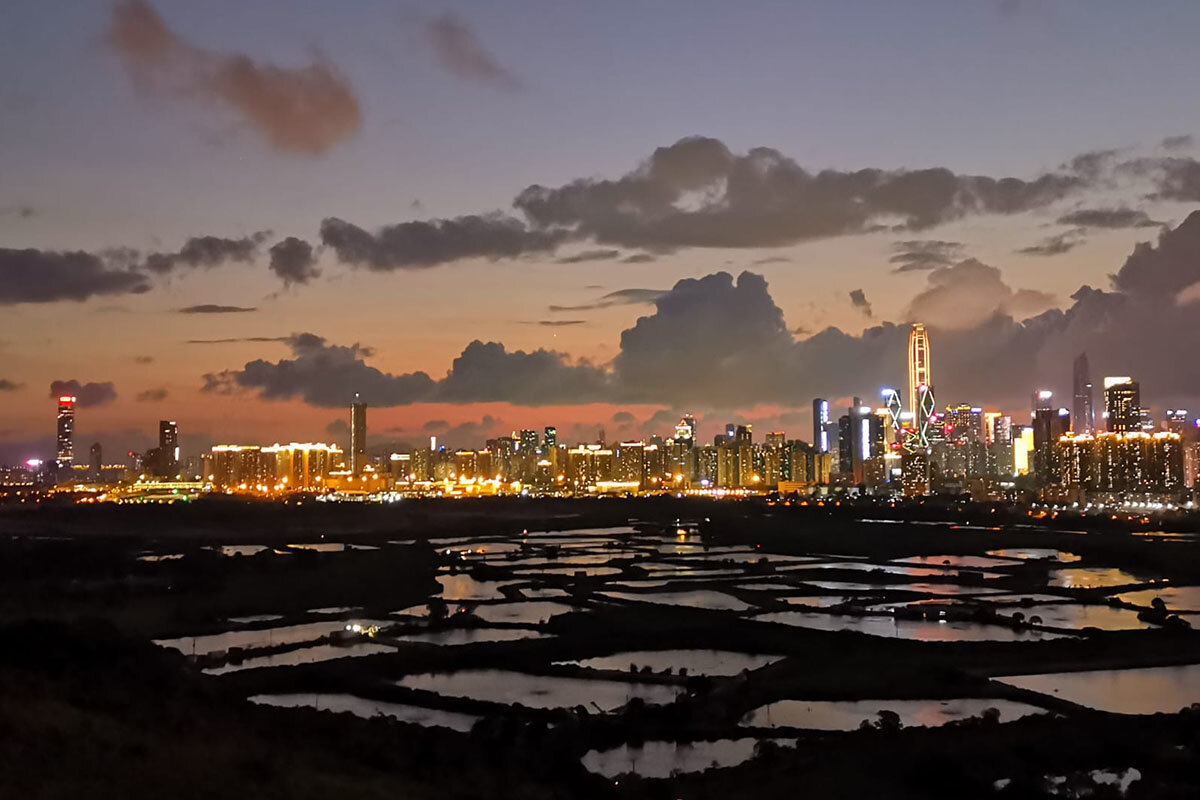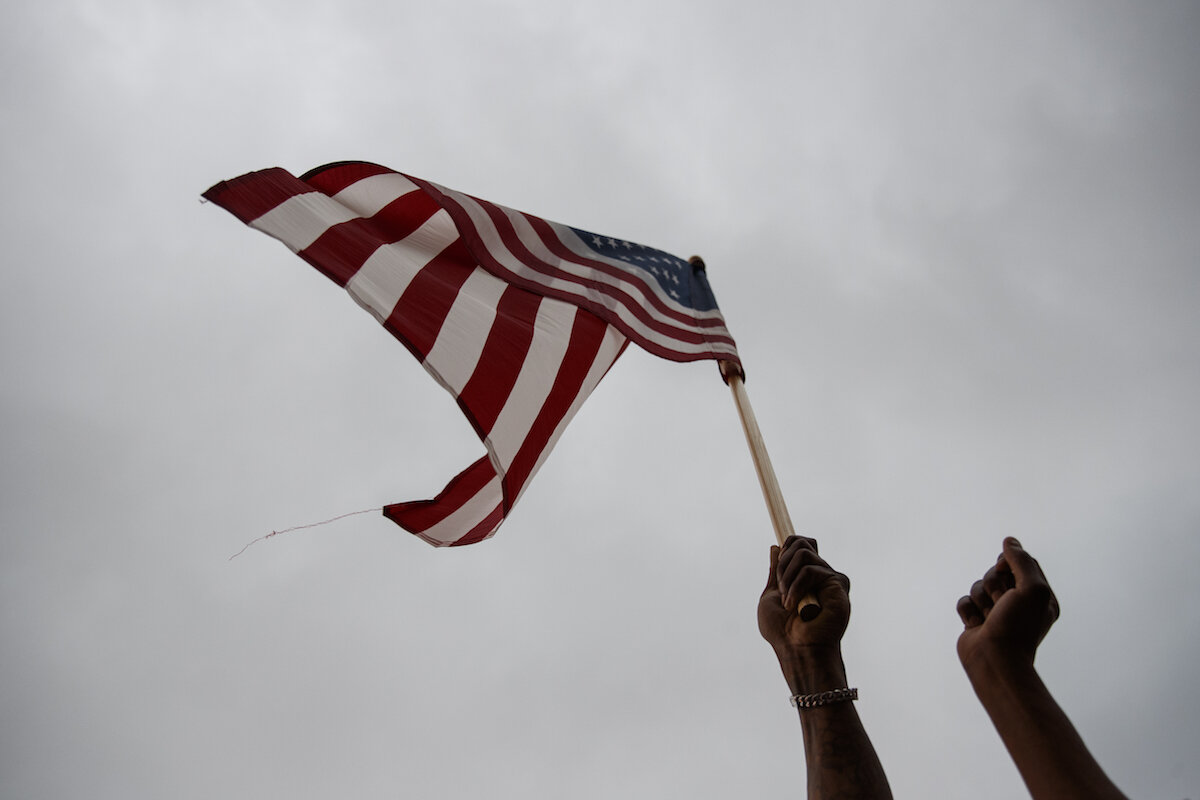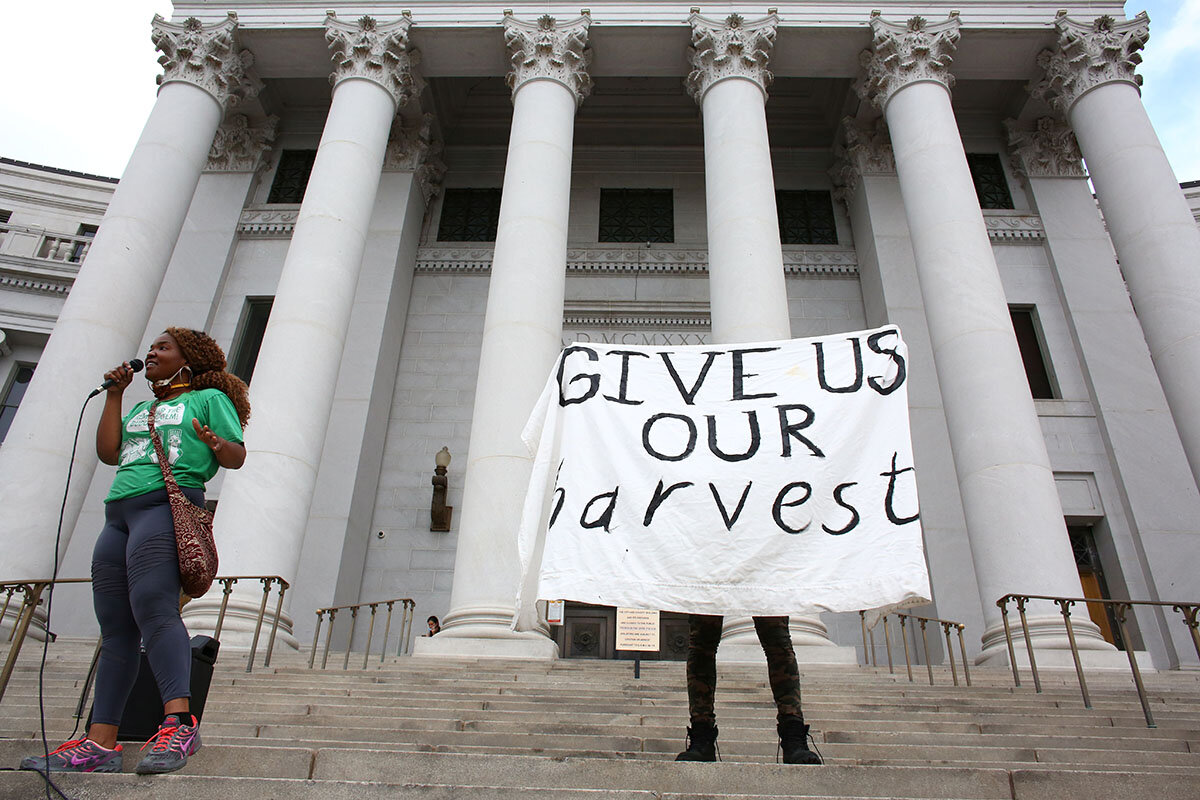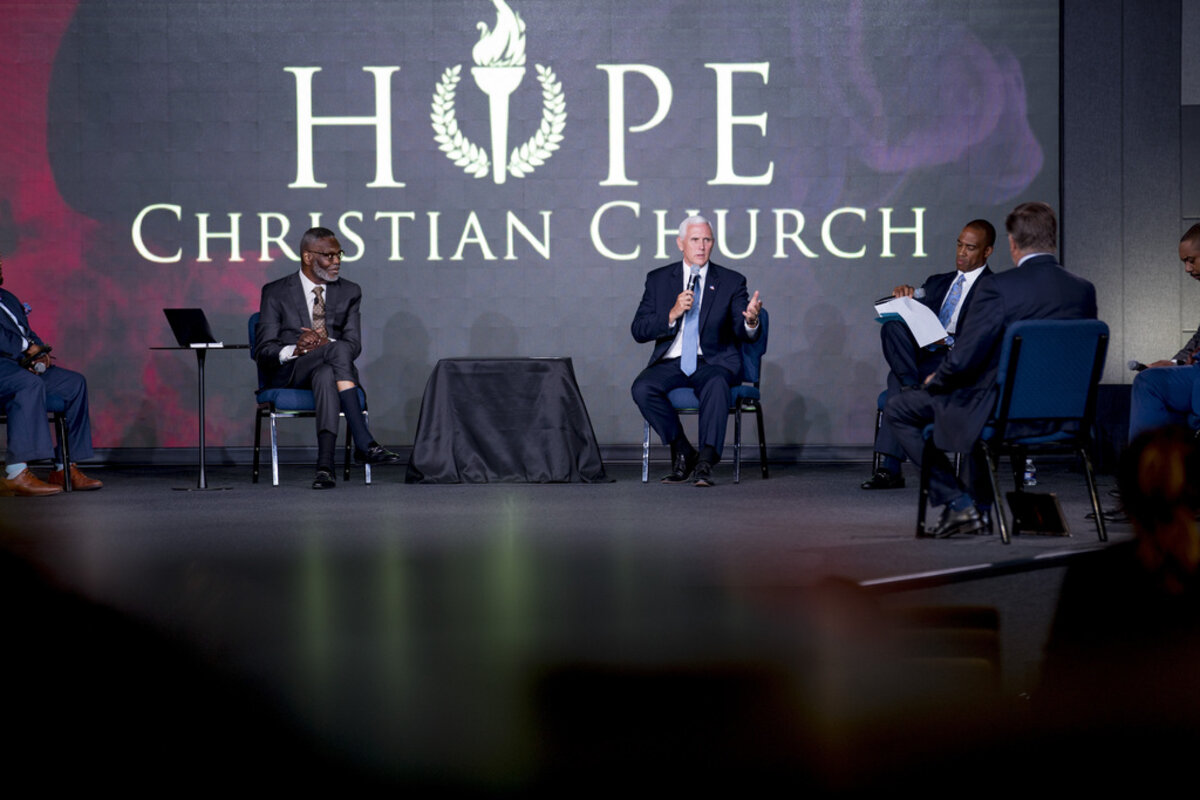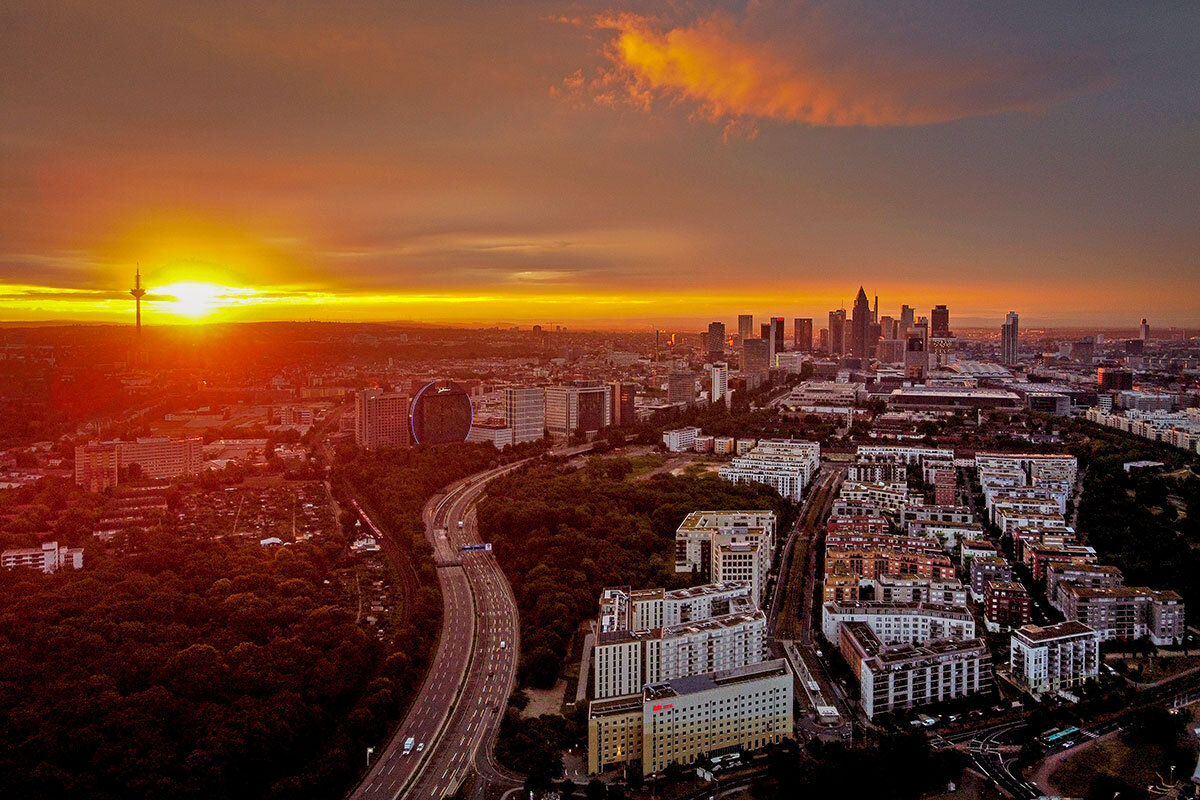The pandemic has prompted some soul-searching about how society treats people who deliver our essentials at the push of a smartphone button. It is also prompting new assertiveness by many of the gig workers themselves.
Monitor Daily Podcast
- Follow us:
- Apple Podcasts
- Spotify
- RSS Feed
- Download
 Peter Grier
Peter Grier
Michaela Munyan runs the Friendly Chupacabra Face Covering Company in Oakland Township, Michigan, which makes face masks in five sizes, using colorful patterned fabrics.
Customers have included a home health agency, a local restaurant, and family and friends. Production is in the hundreds.
Did we mention Michaela is 9-years-old?
In many places in America face masks have become political flash points. Their use – or nonuse – sparks arguments about COVID-19 and the best ways to respond to the current pandemic.
An ice cream shop in Ohio, for instance, has had to ask customers to please refrain from yelling at scoopers who wear masks mandated by the state. It really slows up the customer line.
In that context it’s important to see that masks can also be a symbol of charity and hope. That’s where the Friendly Chupacabra comes in.
Home from school on lockdown, the girl heard her mom, Kristen, a professor of nursing, talking about a shortage of personal protective equipment at a hospital.
Michaela had already learned basic sewing in a class. “I think I can make a mask,” she said.
Her mom helped her look up patterns online. She watched a YouTube video about batch sewing. Soon she was able to turn out 50 masks in two hours.
The masks she made for a local pizza shop featured pizza-printed cloth. Kids like “Paw Patrol” and “Frozen” masks, she says, according to a Washington Post story. Her own mask is printed on cloth with a Harry Potter Slytherin house symbol. (The company name comes from Michaela’s hairless cat, which looks a bit like a Chupacabra, a mythical predatory animal.)
Her parents help with the production line. They’ve also set up a Facebook page so she can communicate with customers and fans.
“It helps to share kindness in my community and encourages people to do the same,” Michaela says.





